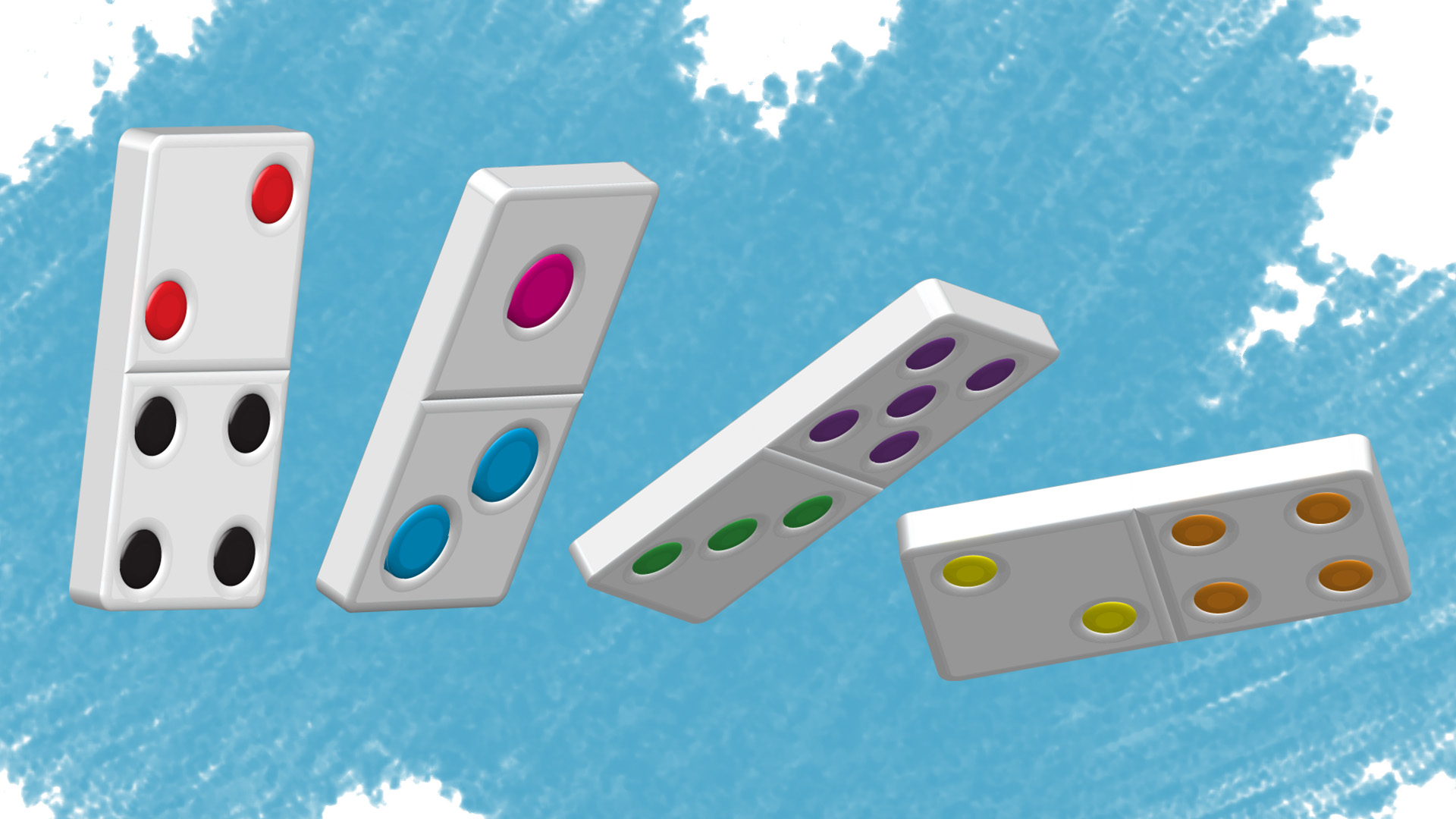

In 17th- and 18th-century colonial America, the agrarian life of the country left little time for game playing, although draughts ( checkers), bowling, and card games were not unknown. 'Game of Skittles', copy of 1660-68 painting by Pieter de Hooch in the Saint Louis Art Museum Kriegsspiel is a genre of wargaming developed in 19th century Prussia to teach battle tactics to officers. John Betts' A Tour of the British Colonies and Foreign Possessions and William Spooner's A Voyage of Discovery were popular in the British empire. and Edward Wallis, he was one of the most prolific publishers of board games of the late 18th and early 19th centuries. John Wallis was an English board game publisher, bookseller, map/chart seller, printseller, music seller, and cartographer. The global popularization of Board Games, with special themes and branding, coincided with the formation of the global dominance of the British Empire. Early board game producers in the second half of the eighteenth century were mapmakers. The association of dice and cards with gambling led to all dice games except backgammon being treated as lotteries by dice in the gaming acts of 17. A fidchell board dating from the 10th century has been uncovered in Co.

In ancient Ireland, the game of Fidchell or Ficheall, is said to date back to at least 144 AD, though this is likely an anachronism. Board gaming in ancient Europe was not unique to the Greco-Roman world, with records estimating that the ancient Norse game of Hnefatafl was developed sometime before 400AD. This game of petteia would later evolve into the Roman Ludus Latrunculorum. The oldest records of board gaming in Europe date back to Homer's Iliad (written in the 8th century BC), in which he mentions the Ancient Greek game of Petteia. īoard games have a long tradition in Europe. The earliest known games list is the Buddha games list. Patolli originated in Mesoamerica played by the ancient Aztecs and The Royal Game of Ur was found in the Royal Tombs of Ur, dating to Mesopotamia 4,600 years ago. Ashtapada, Chess, Pachisi and Chaupar originated in India. īackgammon originated in ancient Mesopotamia about 5,000 years ago. This game was also popular in Mesopotamia and the Caucasus. The first complete set of this game was discovered from a Theban tomb that dates to the 13th dynasty. Hounds and jackals, another ancient Egyptian board game, appeared around 2000 BC. Senet was pictured in a fresco found in Merknera's tomb (3300–2700 BC). 3500 BC and 3100 BC respectively, is the oldest board game known to have existed. Senet, found in Predynastic and First Dynasty burials of Egypt, c. A number of important historical sites, artifacts and documents shed light on early board games such as Jiroft civilization gameboards in Iran. īoard games have been played, traveled, and evolved in most cultures and societies throughout history. įurther information: History of games Ancient Ĭlassical board games are divided into four categories of game: race games (such as Pachisi), space games (such as Noughts and Crosses), chase games (such as Hnefatafl), and games of displacement (such as chess). The time required to learn or master game play varies greatly from game to game, but is not necessarily related to the number or complexity of rules, and games like chess or Go possess relatively simple rulesets, but have great strategic depth. Play components now often include custom figures or shaped counters, and distinctively shaped player pieces commonly known as meeples as well as traditional cards and dice. Rules can range from the very simple, such as in Snakes and Ladders to deeply complex, as in Advanced Squad Leader. Their representation of real-life situations can range from having no inherent theme, such as checkers, to having a specific theme and narrative, such as Cluedo. Pandemic is a cooperative game where players all win or lose as a team, and peg solitaire is a puzzle for one person. To show a few examples: in checkers (British English name 'draughts'), a player wins by capturing all opposing pieces, while Eurogames often end with a calculation of final scores. Many board games feature a competition between two or more players. These pieces are moved or placed on a pre-marked board (playing surface) and often include elements of table, card, role-playing, and miniatures games as well.

Young girls playing a board game in the Iisalmi, Finland, library in 2016īoard games are tabletop games that typically use pieces.


 0 kommentar(er)
0 kommentar(er)
